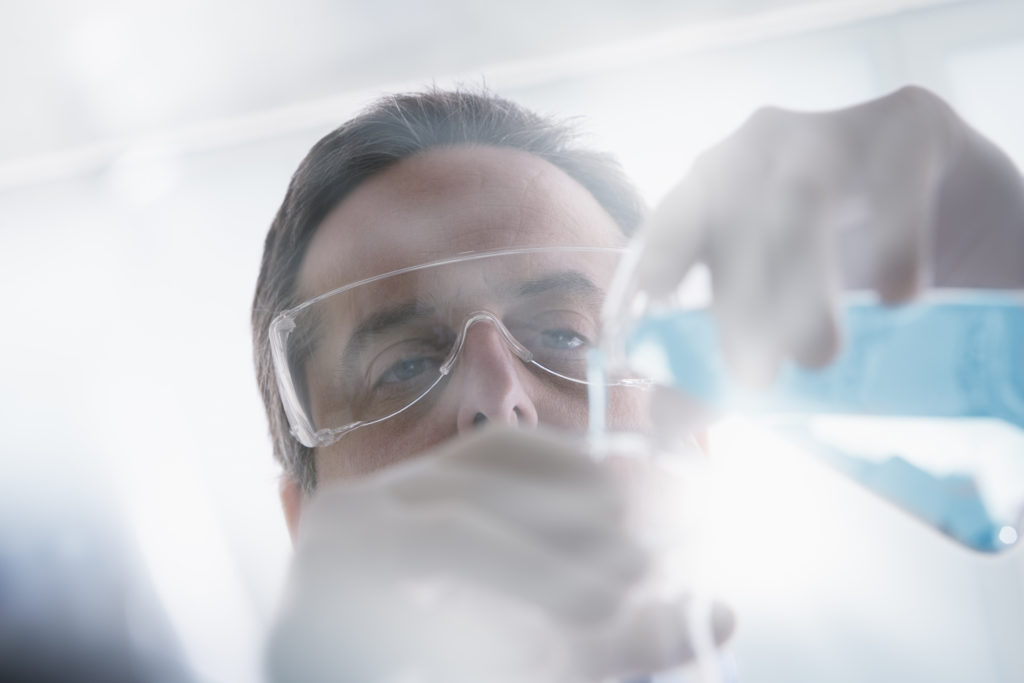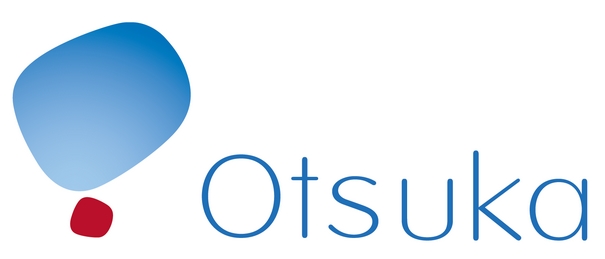Otsuka – FighTBack Initiative


Health needs
Considering the dramatic rise in bacterial resistance worldwide, rational use of the MDR-TB compound delamanid is critical to ensuring that the greatest number of patients have access to this medicine over the longest period of time.
Initiative’s objective
The priorities of the FighTBack initiative are to expand access to and ensure responsible use of delamanid, as well as to continue R&D efforts into novel MDR-TB treatment options, including diagnostic and treatment monitoring tools. The overall objective is that by 2020, at least 20% of diagnosed and treated MDR-TB patients should have delamanid as part of their treatment regimen through high quality programs.
Initiative’s description
Otsuka launched a FighTBack initiative which has 4 parts: 1. Innovative Research and Development; 2. Responsible Access to Patients; 3. Optimized Patient Management; 4. Collaborative Capacity Building.
As part of the FighTBack initiative, Otsuka is participating in a number of collaborative studies. One of them is the endTB project led by Médecins Sans Frontières (MSF), Partners in Health (PIH), and Interactive Research & Development (IRD). The endTB project will evaluate new regimens for the treatment of MDR-TB and reduce existing country-level barriers to the uptake of new TB drugs. Another study is called “MDR-END” led by the Seoul National University Hospital, looking at regimens that could shorten MDR-TB treatment. In December 2015 Otsuka provided a one-time donation of 400 treatment courses of delamanid to MSF for the endTB project in order to provide rapid access to patients in urgent need.
A key component of the initiative is also Otsuka’s partnership with Stop TB Partnership’s Global Drug Facility announced in February 2016, which enables about 100 eligible low- and middle-income countries to procure delamanid. The Global Drug Facility is the largest procurer of quality-assured tuberculosis medicines and provides TB drug management technical assistance in an effort to promote equitable access to TB medicines and diagnostics.
